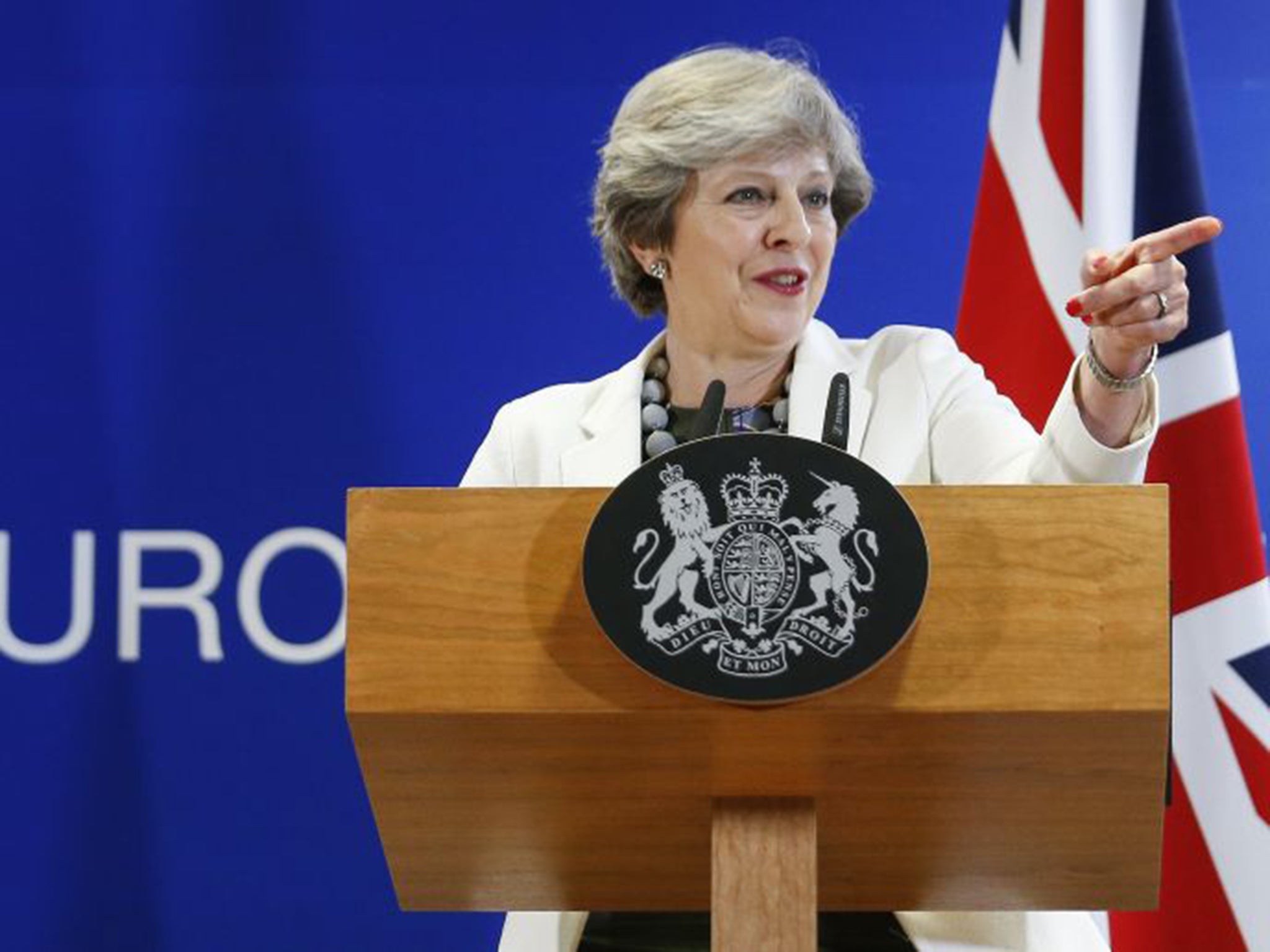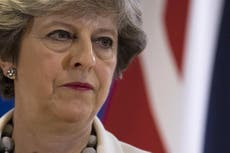The energy department may want to kill the price cap bill – but Theresa May cannot afford to drop it
In 2013 the Tories condemned the policy as 'Marxist' but now they are flattering Ed Miliband by imitation


The Prime Minister was getting towards the end of her interrupted conference speech, and her voice was still catching. The audience was on edge, willing her to get through it, and was hardly paying any attention to her words. She was talking about “the broken energy market” and said: “Next week, this Government will publish a draft bill to put a price cap on energy bills.”
So her announcement didn’t have quite the impact in the hall that had been planned, but it certainly caused a stir in the Department for Business, Energy and Industrial Strategy. Officials – and Greg Clark, the Secretary of State – had abandoned plans for an energy price cap law after the election, and now had a week to put together a draft bill.
The bill had been promised in the Conservative manifesto but it had been dropped from the Queen’s Speech after the Government lost its majority. But now Theresa May needed some policies to put in her speech, unaware that it would go down in history for reasons unconnected with its content.
All the same, the price cap is important. The Conservatives are still stung by the popularity of Ed Miliband’s proposal in his conference speech in 2013. At the time they condemned it as “Marxist” but now, four years later, they are flattering him by imitation. In the briefing notes for journalists on Ms May’s speech, the Tory Party insisted in bold text: “It is not the same as Ed Miliband’s price freeze.”
Indeed, although it may sound as if they protest too much, the cap is not the same as a freeze. It is less stringent because it would allow prices to rise by an amount set by Ofgem, the regulator, rather than freezing them altogether.
And that is the problem. The danger, from the Government’s point of view, of trying to get a bill through a hung parliament is that it could be amended to tighten it up, and perhaps to make it the same as Ed Miliband’s price freeze.
That may be why Greg Clark didn’t want the bill in the first place. The popular pressure to squeeze energy company profits could choke off the funds needed for investment.
That is why, as we report today, officials in his department briefed City investors that the bill might never become law. Clark hopes that Ofgem might be able to tighten up the existing rules so that they could be called a cap. If the energy companies also agreed to abolish their default tariffs, known as standard variable tariffs, it would have the same effect as the draft bill announced by the Prime Minister. These are the tariffs that penalise people who fail to shop around – or “punish loyalty” as Theresa May put it.
However, it is too late now. Having promised a draft bill, the Prime Minister has to deliver a new law. In theory, the Secretary of State could hold six months of consultation on the draft and the Government could decide that there was no need to table an actual bill and to try to take it through Parliament.
But once you get into the politics of symbolism, you have to see it through. New Ofgem regulations and voluntary price changes by the energy companies might achieve the same as an Act of Parliament but they would be portrayed by Labour as a climbdown. Once the Government starts to repeat Labour slogans about “rip-off” energy prices and a “broken” market, it may find itself forced to adopt Labour policies in full.
Theresa May will have to turn the draft bill into a bill, and pass it into law, with whatever amendments Labour, the Scottish National Party and the DUP together decide to impose. Ed Miliband might as well be prime minister now.


Join our commenting forum
Join thought-provoking conversations, follow other Independent readers and see their replies